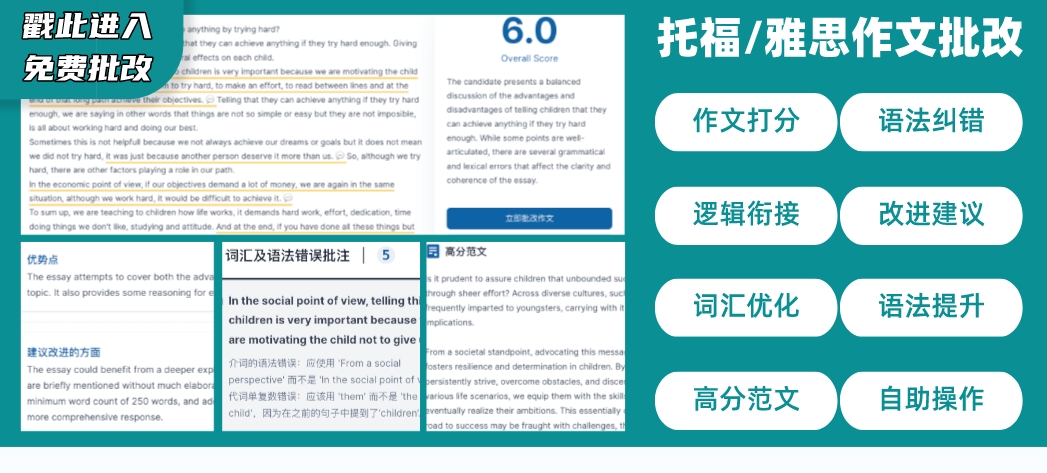欧洲国家在留学语言测试认可度方面有自己的政策倾向,这直接影响着语言考试的选取。本文将解析欧洲主要留学目的国在雅思和托福认可度方面的差异,以及影响语言测试选择的其他相关因素,为留学生提供参考建议。雅思和托福作为两种主流的英语语言测试,都被欧洲国家广泛接受,但各国偏好不同。整体来看,欧洲国家更倾向于认可雅思成绩,但托福也有一定的认可度。影响选择的因素还包括目标院校具体要求、签证政策等。明确这些差异,对于留学生正确选择语言考试非常重要。

英国偏好雅思,托福也被认可
英国作为雅思的发源国, has a clear preference for the IELTS exam. Most British universities list IELTS scores as an admission requirement, while TOEFL scores are also accepted but not emphasized. This preference also extends to the visa application process. Pre-Brexit, the UK visa process strictly required IELTS scores and did not accept TOEFL. Post-Brexit this policy has relaxed and both exams are now accepted for student visas, but IELTS remains more widely recognized. As the birthplace of IELTS, the UK has a deep trust in and familiarity with the exam. British culture also prioritizes more contextual and practical English skills assessed by IELTS over TOEFL's focus on academic English. For students targeting UK schools, taking IELTS is the safer choice.
德国、荷兰、比利时等地托福雅思都可
Germany, the Netherlands, Belgium and other Northern European countries readily accept both TOEFL and IELTS for university applications and visas. Most schools in these countries list minimum scores for both exams in their admissions criteria without indicating a preference. Germany in particular has a very high TOEFL test taker population and exam dates are readily available. The preference between the two often comes down to an individual school or program's requirements. For example, some technology and engineering focused programs may prefer TOEFL as it has a stronger academic English assessment. But both exams hold equal weight in the visa process. As influential European education hubs, these countries acknowledge both as accurate indicators of English ability.
丹麦和瑞典偏好本地考试
The Scandinavian countries of Denmark and Sweden accept TOEFL and IELTS but also promote their own locally developed English exams. Denmark endorses the Studieprøven i Dansk while Sweden promotes TISUS. These local exams are cheaper and more convenient for test takers already in the country. They assess understanding of the local culture and context in addition to general English skills. Many Danish and Swedish universities and especially graduate schools give preference to these local options over TOEFL or IELTS. They also accept Cambridge testing options like CPE. Scandinavian schools still readily accept IELTS and TOEFL scores but students should research if they give equal weight compared to local options when making their English test selection.
法国重视法语,英语考试需看具体学校
France places high emphasis on French fluency over English due to its linguistic heritage. English exam requirements will depend heavily on the specific schools and programs applied to. While many French graduate business schools now use TOEFL scores for admission criteria, other universities still rely on French proficiency assessments only. Students must thoroughly research the requirements of their target schools. But within French programs accepting English scores, TOEFL and IELTS are treated equally without preference. France's focus on French over English means exam importance depends on program. But where accepted, TOEFL and IELTS are seen as equivalent.
意大利等南欧英语要求较低
Southern European countries like Italy, Spain and Portugal have lower English language requirements for university admission and immigration compared to central and northern states. English exam scores mainly act as a formal tick box for visa purposes rather than an important admissions criteria. IELTS and TOEFL fulfill this requirement equally without preference. However, within Italy the northeast region has stronger English education and schools there may pay more attention to English test scores. For southern Europe, research the specific requirements of target programs and schools, but in general English exams play a less crucial role than in northern counterpart countries.
综上所述,欧洲国家在语言测试认可度上存在差异,英国偏好雅思,德国荷兰比利时两者皆可,北欧推崇本土考试,法国看重法语,南欧英语要求较低。但托福和雅思整体上在欧洲都受认可。留学生应考虑目标院校和国家具体要求,以及签证政策等因素,正确选择雅思或托福。
